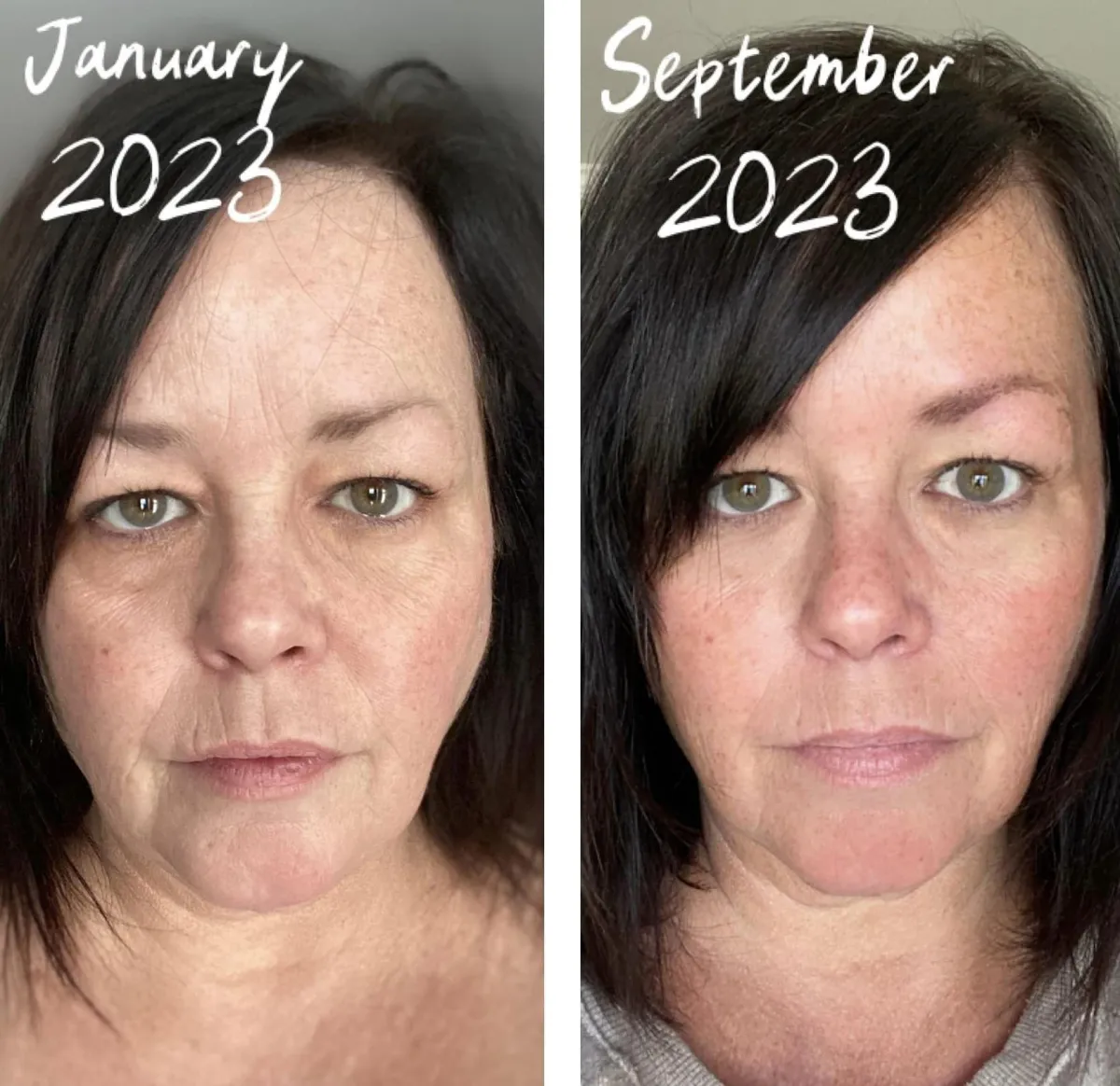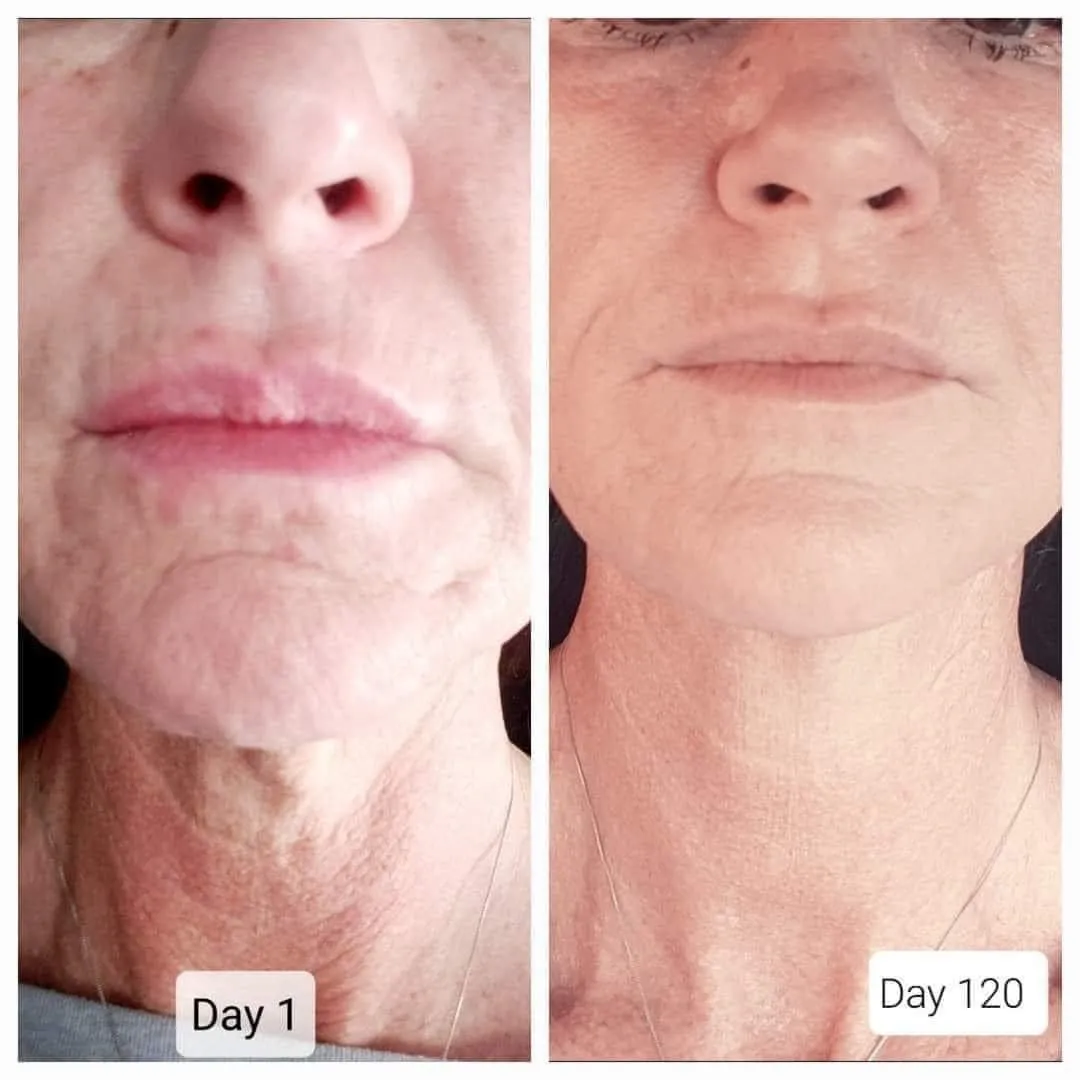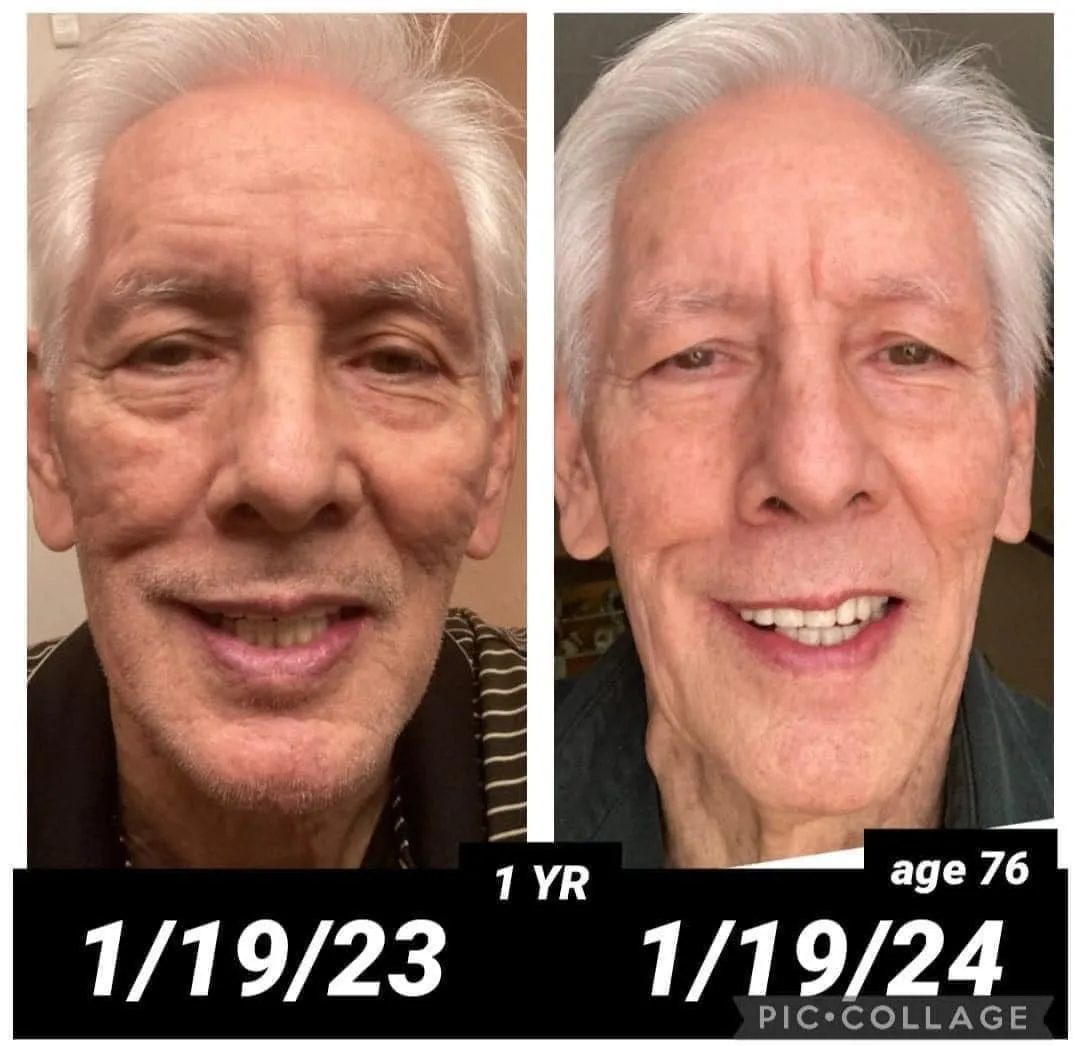Transform Your Health and Well-Being
Learn the simple steps to address what causes the body to break down.
In 1960, researchers uncovered a groundbreaking connection between cellular health and the aging process—a discovery that sparked decades of scientific exploration. Since then, over 387,000 studies, trials, books, and reviews have delved into this vital area, with interest absolutely surging since 2020 as new insights continue to emerge.
So, what is oxidative stress?
Hello! I'm Karen, a dedicated wellness advocate passionate about sharing information that helps people understand how they can move towards a healthier, more balanced life.
Decades of study have shown that there is one thing that has gotten out of control in our bodies and is at the root of almost ALL of our health problems.
So, if you're familiar with
- low energy
- brain fog
- excess weight
- autoimmune disorders
- chronic illnesses
- age-related breakdown
or want to understand the root cause of almost all of them,
then this is the place for you!
I hope that with the information you'll find on this site you'll be well on your way to achieving your wellness goals and living your best life!
Live Longer Healthier
Almost everything (including natural body processes) creates oxidative stress - some of it is natural (and necessary). The problem today is that we have too many ADDITIONAL things that create it and/or stop the body from managing it, and our bodies just can't handle it.
Ever hear of the Blue Zones where people live independently to 90-100 years or more? Their bodies are managing oxidative stress brilliantly. Here's what they all have in common that we need to copy:
WHAT THEY EAT
Follow a Primarily Plant-Based Diet: Meals center around vegetables, legumes, whole grains, and minimal processed foods or meat. If you need a plan, think Mediterranean Diet.
Eat Moderately: The 80% rule—stopping eating before feeling full—helps maintain a healthy weight.
Drink in Moderation: A glass of wine or other alcohol, often shared socially, is common but always consumed in moderation.
WHAT THEY DO
Move Naturally: Regular physical activity is built into daily routines, like walking, gardening, or manual labor.
Manage Stress: Practices like meditation, prayer, or napping are essential for reducing chronic inflammation and maintaining mental health.
WHAT THEY SURROUND THEMSELVES WITH
Supportive Social Circles: Spending time with like-minded, health-conscious friends encourages positive habits.
Nurture Relationships: Building close ties with family, friends, and community strengthens emotional and social well-being.
WHAT THEY BELIEVE IN
Live with Purpose: A clear sense of purpose, like "ikigai" or "plan de vida," provides motivation and direction in life.
Value Family: Prioritizing strong family connections ensures emotional stability and support throughout life.
Embrace Faith or Community: Belonging to a faith-based or social group fosters connection and belonging.
The Blue Zone lifestyle naturally helps the body manage oxidative stress, which is the key contributor to the body being as healthy as possible for as long as possible.
To help you take the first step, I'd like to gift you a 7 Day Jumpstart plan that will offer more information on these topics and simple steps to follow
- just click the button below
What Oxidative Stress Affects

Energy Level
Feeling tired?
Discover what’s really draining your energy.
Oxidative stress damages the mitochondria—the energy factories of your cells—reducing their ability to generate ATP, the fuel your body runs on. This can leave you feeling chronically fatigued and struggling to power through your day.

Immune Function
Is your immune system working overtime—or not enough?
Your body’s defense system depends on this key factor.
Excess oxidative stress can weaken your immune system’s ability to fight infections or cause it to overreact, triggering chronic inflammation or autoimmune conditions. Conditions like rheumatoid arthritis and lupus have been linked to this imbalance.

Skin Health
Dull, aging skin?
See what’s breaking it down.
Oxidative stress accelerates skin aging by degrading collagen and elastin, leading to wrinkles and sagging. It also triggers inflammation that causes redness, irritation, and breakouts, impacting skin’s radiance and health.

Brain Function
Small Call to Action Headline
Forgetfulness and brain fog?
Discover what’s holding you back.
Your brain is highly vulnerable to oxidative stress, which damages neurons and disrupts communication between brain cells. This can contribute to memory loss, brain fog, and conditions like Alzheimer’s and Parkinson’s disease.

Hormone Balance
Mood swings, fatigue, or weight gain?
Here’s what’s disrupting your balance.
Oxidative stress disrupts hormone production and signaling, contributing to imbalances that affect mood, weight regulation, and reproductive health. This can lead to symptoms like fatigue, irregular cycles, and difficulty losing weight.

Heart & Lung Function
Your heart and lungs are under attack!
See how oxidative stress connects to what you’re experiencing.
Oxidative stress plays a major role in heart and lung diseases by promoting inflammation, damaging blood vessels, and impairing oxygen transport. It’s linked to conditions like arrhythmias, atherosclerosis, and chronic obstructive pulmonary disease (COPD).
And so much more!
No blogs found
TESTIMONIALS
This is the "Outside Story" Results
when the body is able to manage oxidative stress
(Imagine what the "Inside Story" says!)

Kimmy

Christine

William

Tyrone
Will your story be like this?
Take the first step!

Your Partner to Better Health
Phone: (757) 540-1776
Email: [email protected]
